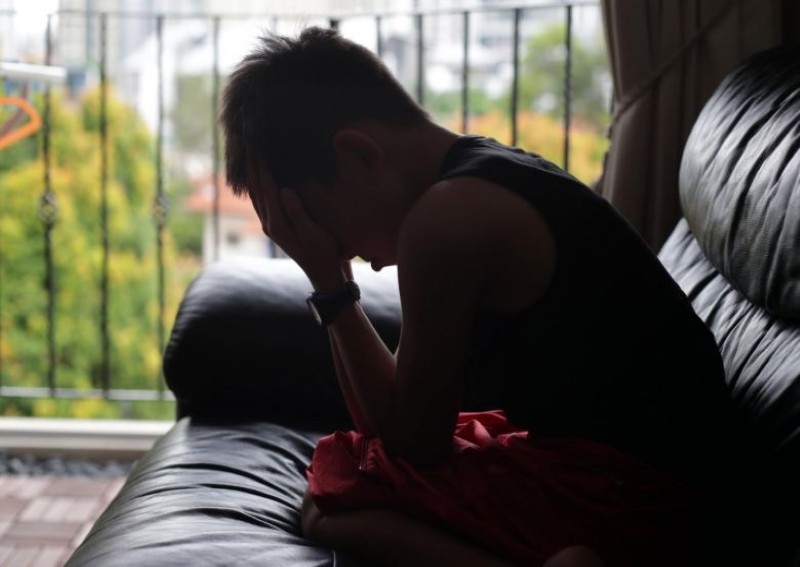Loneliness in children can lead to mental health problems


There are many reasons children feel lonely—a misunderstanding at home, an argument with a friend, feeling like they don’t belong in school cliques, not being able to go to playdates, the list goes on.
As parents, we want to ensure that our kids never feel like they are alone at this new world of uncertainty.
And with the ongoing pandemic, restrictions and limited we must also accept that the sudden isolation our children are experiencing away from their friends and their favourite places may lead to them feeling lonelier than ever.
A study from The Journal of the American Academy of Child and Adolescent Psychiatry published by Elsevier cautions that children feeling lonely may lead to them developing mental health problems.
Researchers found a potential association between lonely kids and their mental state using data from past 60 studies regarding isolation, loneliness and mental health among youths aged four to 21 years old.
Here they found that those who experienced loneliness as a child showed symptoms of having mental illnesses such as depression and anxiety when they grew up.
ALSO READ: Why children need to play with their friends as soon as they can
“This rapid review of what is known about loneliness and its impact on mental health in children and young people found that loneliness is associated with both depression and anxiety. This occurs when studies measured both loneliness and mental health at the same point in time; when loneliness was measured separately; and when depression and anxiety were measured subsequently, up to nine years later,” said Dr Maria Loades, lead author of the study.
Their findings showed that lonely children are three times more likely to have depression and how this could possibly last for years when they grow up. They also found that this could be due to the duration of their loneliness instead of its intensity.
Re-connecting with their friends and having social interactions with people outside of their family could help in decreasing loneliness among young people and therefore prevent any mental health problems from developing.
However, some children may still find it difficult to return to their regular social life and continue to struggle with their feelings of loneliness.
[[nid:480176]]
“It’s key that children and young people are allowed to return to activities such as playing together, even if outdoors, as soon as possible, and that they are able to resume attending school, which gives them a structure for their day, and provides them with opportunities to see peers and to get support from adults outside of the nuclear family,” said Dr Loades.
In order to take further action in supporting our children’s mental health, Dr Loades suggested that “the government target children’s wellbeing in public health messaging.” She also added keeping in contact with people through technology could be beneficial.
Extra support from schools could also help ease children about any worries regarding coming back to school and interacting again with their peers.
For both children and young adults suffering from a mental illness such as anxiety or depression at a time of isolation, you should never be afraid to seek help. Whether it’s from your family, friends or professional help, support can always be provided for you.
This article was first published in theAsianparent.